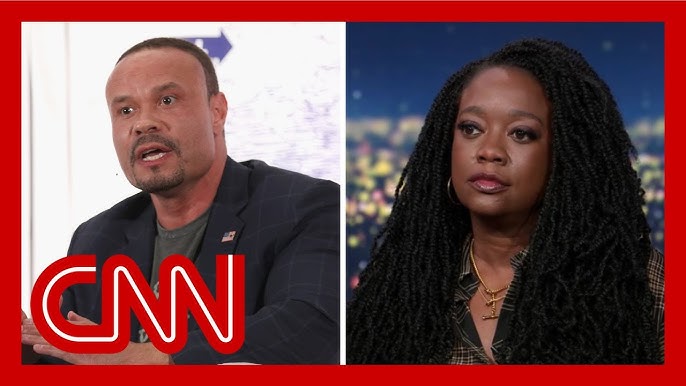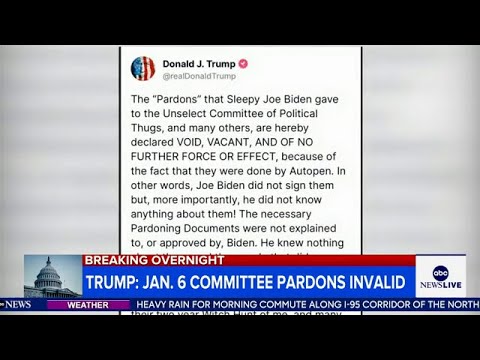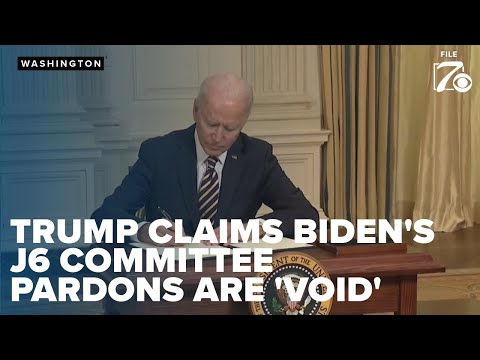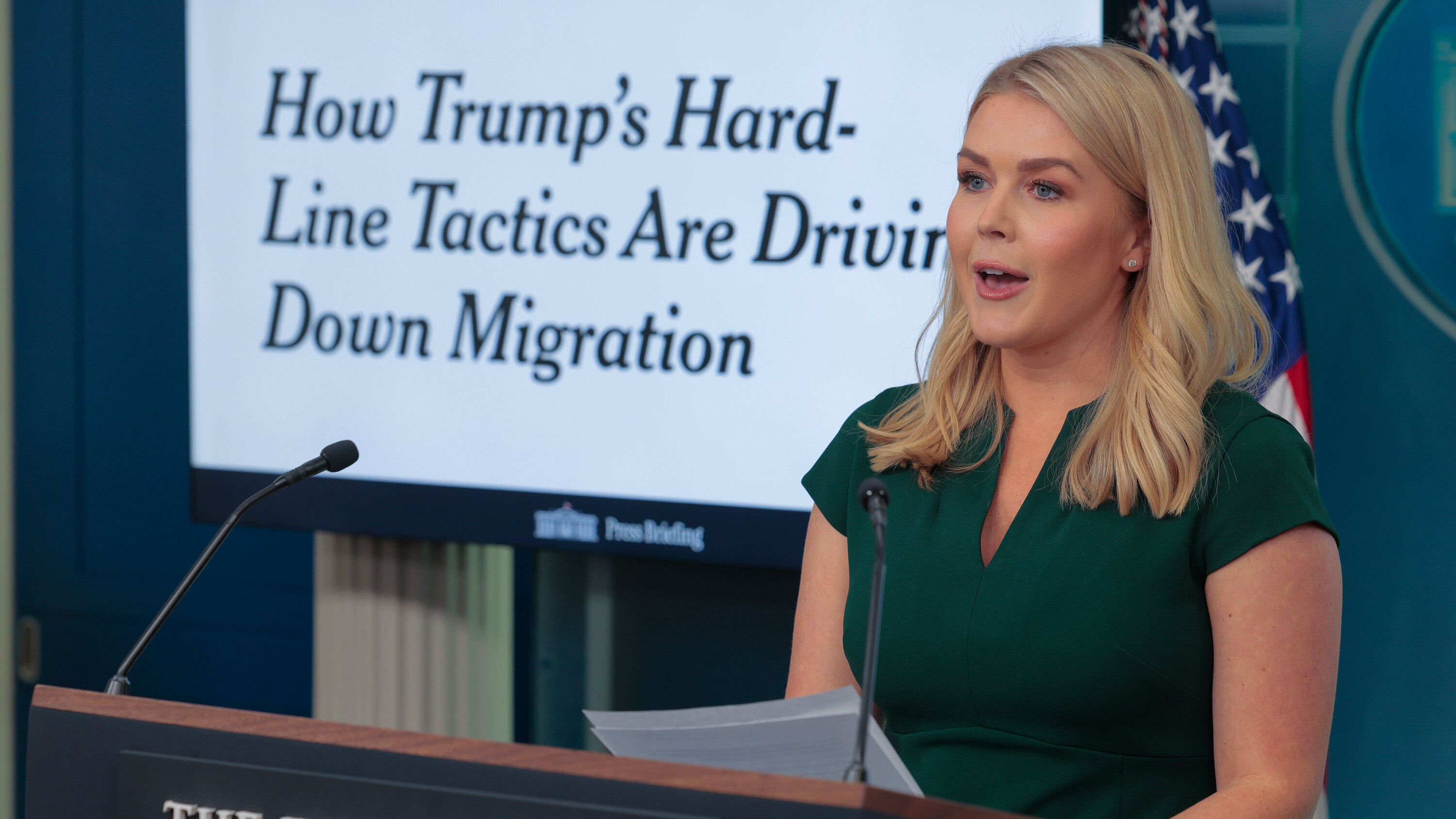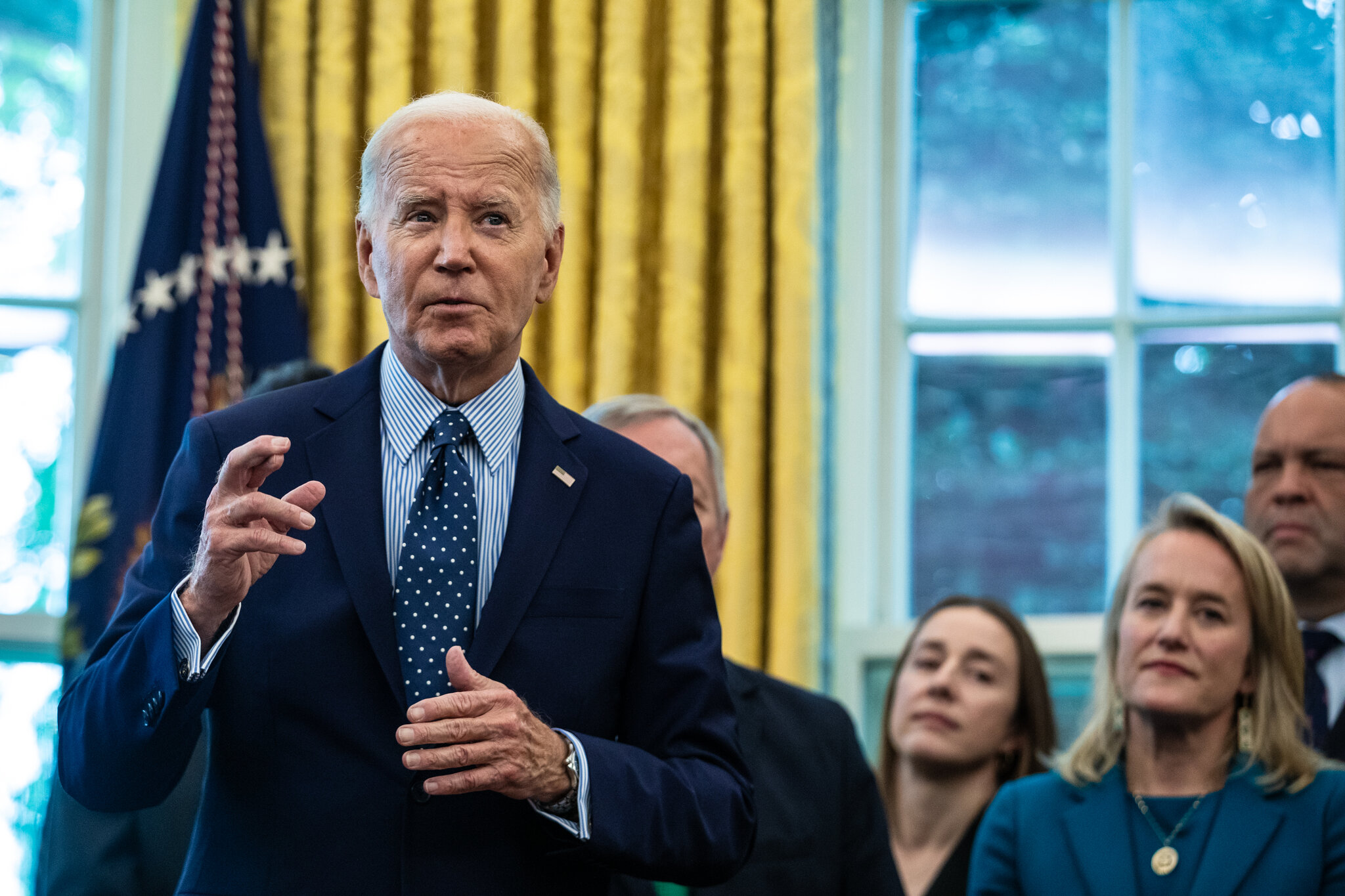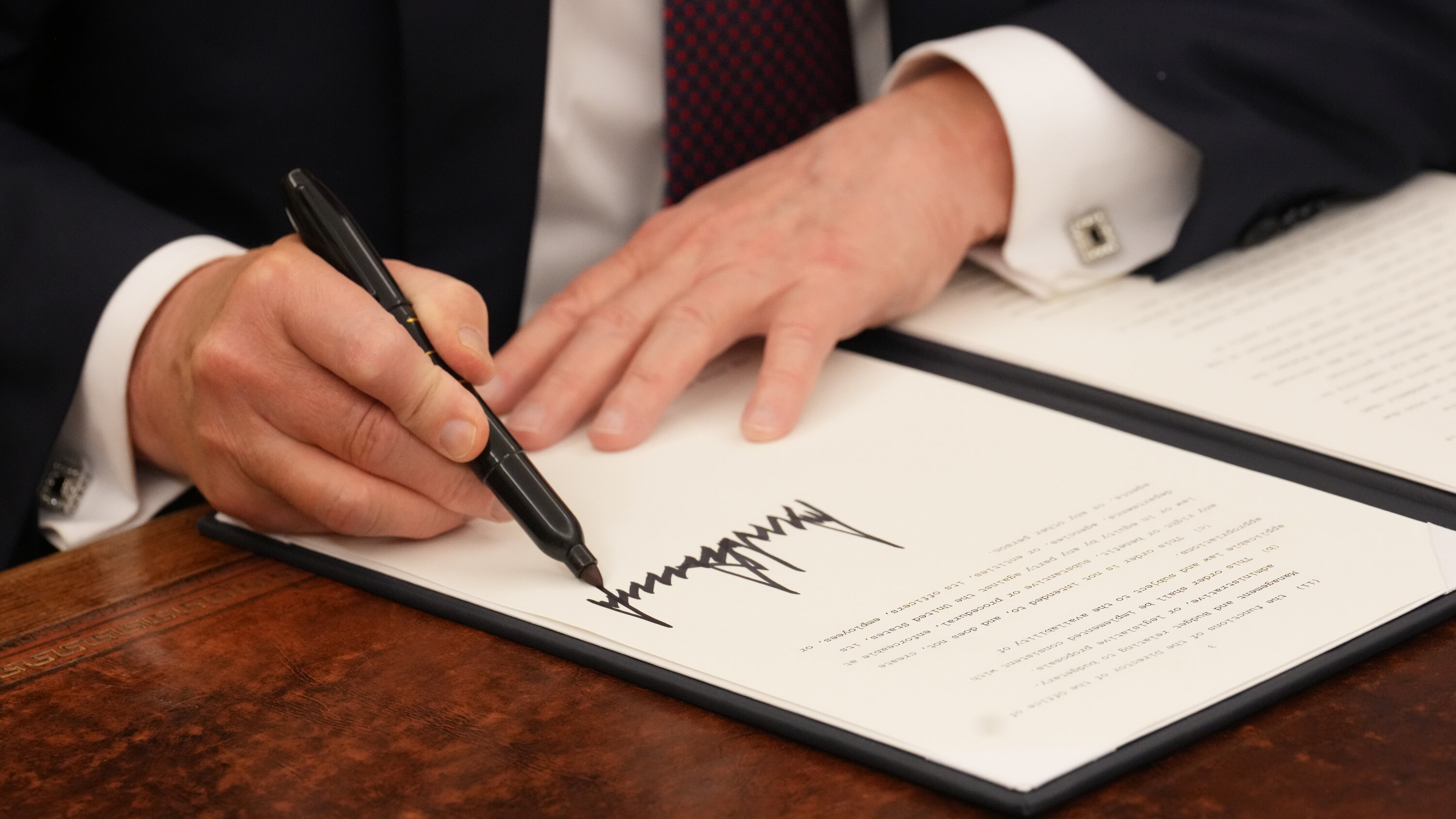Ana Navarro: Autopen Conspiracies Are Trump’s Retribution for Biden’s Pardons
In the charged landscape of American politics, accusations and conspiracy theories abound, but few topics ignite the fervor of political discourse like the actions surrounding former President Donald Trump and President Joe Biden. Ana Navarro, a prominent Republican strategist and political commentator, recently voiced her perspective on this contentious issue, highlighting the implications of autopen signatures in light of Trump’s perceived retribution for Biden’s pardons. This article delves into Navarro’s thoughts and the broader implications of these events, drawing connections between political maneuvering, public perception, and the ethical considerations of leadership.
The Context of Autopen Signatures and Political Retribution
The use of autopen technology, which allows for the replication of a signature on official documents, has become a focal point of debate in recent political discussions. Critics argue that relying on autopens for significant actions could undermine the integrity of leadership. Ana Navarro believes that the emergence of this technology in political discourse is emblematic of the deeper, more troubling patterns of behavior displayed by Trump in response to Biden’s pardons. The public may perceive these actions not only as retaliatory but also as a reflection of the tumultuous relationship between the two administrations.
Navarro contends that Trump’s focus on the autopen situation symbolizes a broader retribution strategy against Biden’s decisions. In the political arena, the use of technology to sidestep traditional practices raises questions about authenticity and accountability. The implications extend beyond just operational efficiency; they touch on the very core of what it means to lead with integrity and respect for the process.
The Consequences of Political Conspiracies
As Navarro articulates, accusations and conspiracies can have far-reaching consequences in the political landscape. The COVID-19 pandemic has already influenced public trust and has made citizens more skeptical of authority and governance. In this environment, when political figures like Trump harness conspiracy theories about practices like autopen signatures, it can exacerbate divisions among the electorate.
- Trust Erosion: Conspiracy theories often lead to an erosion of trust in institutions. When individuals of influence promote narratives that suggest malfeasance or illegitimacy, it creates a ripple effect that can destabilize public confidence in the political system.
- Misinformation Spread: The spread of conspiratorial thinking can perpetuate misinformation. In the age of social media, erroneous claims about the use of autopen signatures can quickly gain traction, further complicating political discourse.
- Mobilizing Extremes: In an era marked by polarization, such conspiracies can mobilize extreme factions within the political spectrum, resulting in widespread unrest or aggressive political actions.
President Biden’s Pardons: A Retaliatory Catalyst?
Navarro’s comments also bring attention to President Biden’s pardons, suggesting that Trump views these actions as a direct affront worthy of retaliation. The pardoning power of a presidency is a reflection of discretion, compassion, and political maneuvering; how these are perceived can vary significantly across party lines. Trump’s narrative frames Biden’s pardons as threats to his political legacy, insinuating that they warrant countermeasures.
This situation highlights a critical dilemma: How should leaders respond when faced with actions that undermine their authority or image? The dynamic between Biden’s pardoning efforts and Trump’s response via autopen conspiracies reflects deeper issues of respect, rivalry, and political strategy. Navarro posits that these reactions are indicative of a larger theme in contemporary politics—one where personal grievances often take precedence over collective governance.
Implications for the Future of American Politics
The ongoing discourse surrounding autopen signatures and the retaliatory nature of Trump’s approach signifies more than just a battle between two political figures; it represents a crossroads for American politics. As elections loom and parties prepare for potential clashes, the underlying themes of trust, responsibility, and integrity will continue to shape public opinion.
Moreover, as the American public becomes more politicized, the challenge for politicians will be to foster environments that promote constructive dialogue rather than conspiratorial thinking. The leadership styles and actions observed today will dictate the future of political engagement and the ways in which political figures are held accountable.
Navarro’s insights into the complexities of autopen conspiracies and their relation to Biden’s pardons serve as a crucial reminder of the delicate balance of power, representation, and ethics in governance. As citizens, it is essential to remain vigilant and engaged, encouraging transparency and integrity within the political arena.
Conclusion
As we navigate these tumultuous political waters, staying informed and understanding the implications of leadership decisions is crucial. Ana Navarro urges us to consider the weight of actions taken by public officials and the narratives that surround them. Engaging in the conversation about these issues not only empowers us as citizens but also shapes the future of our political landscape. Stay informed, challenge misconstrued narratives, and advocate for integrity in leadership—our democracy demands it!
